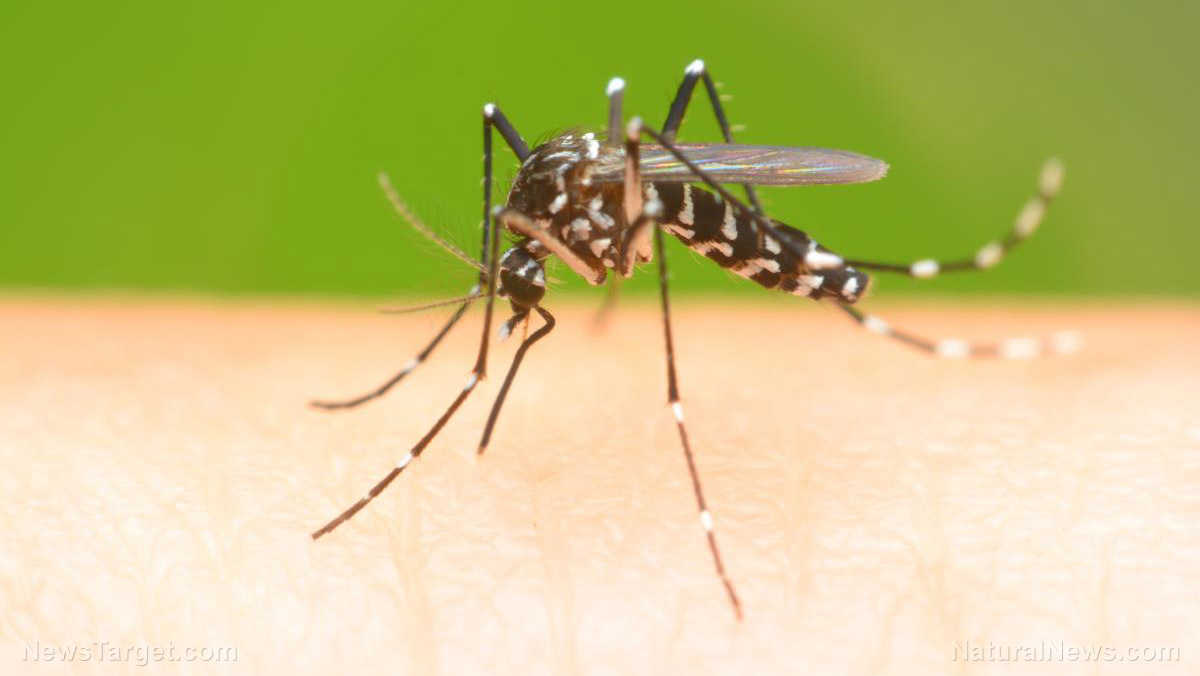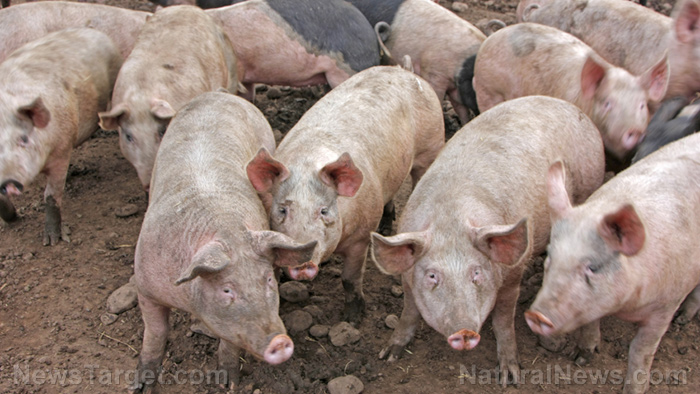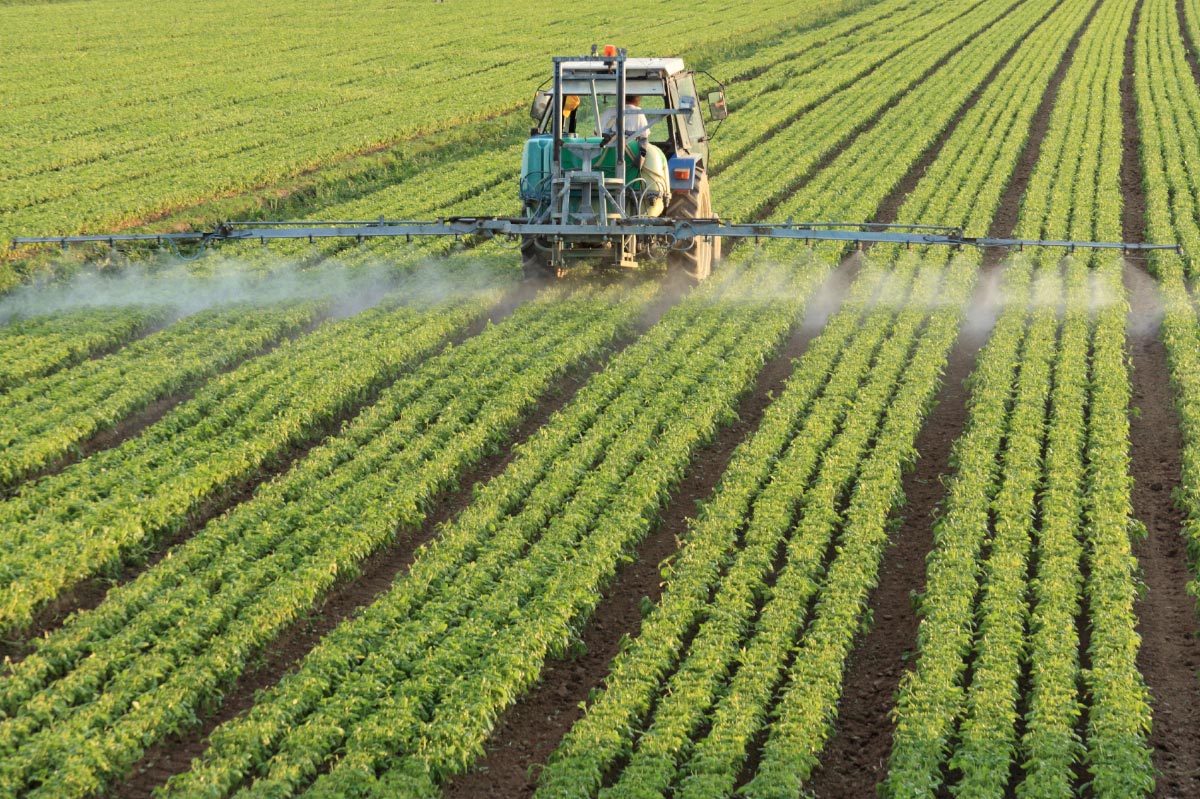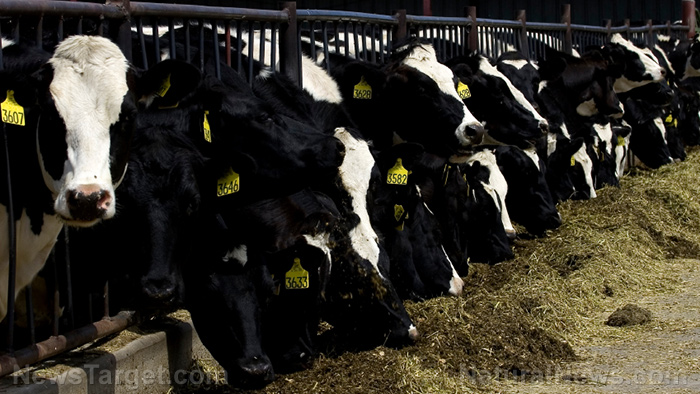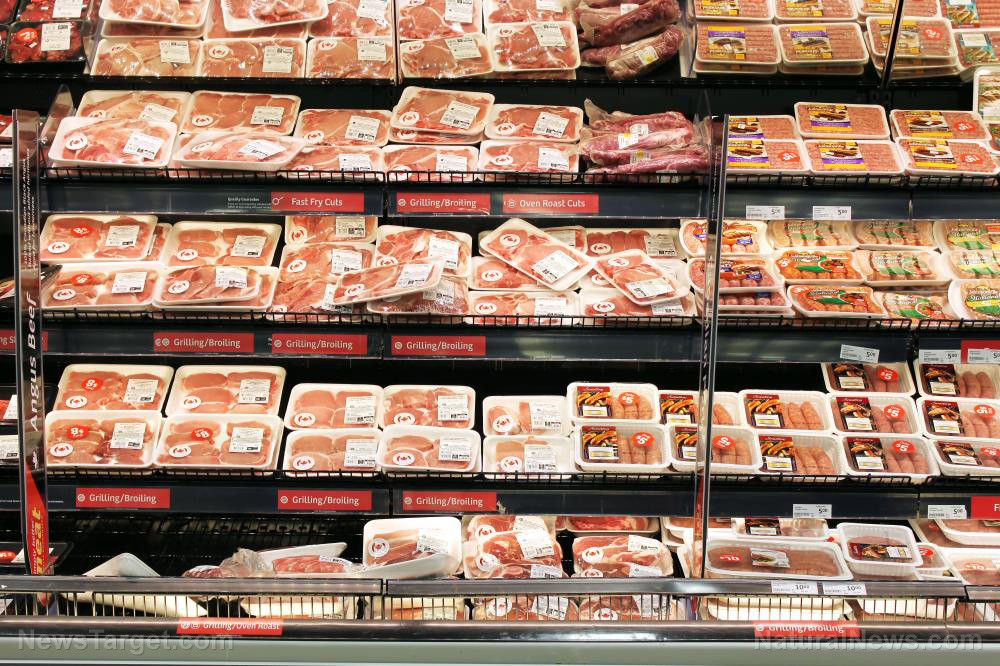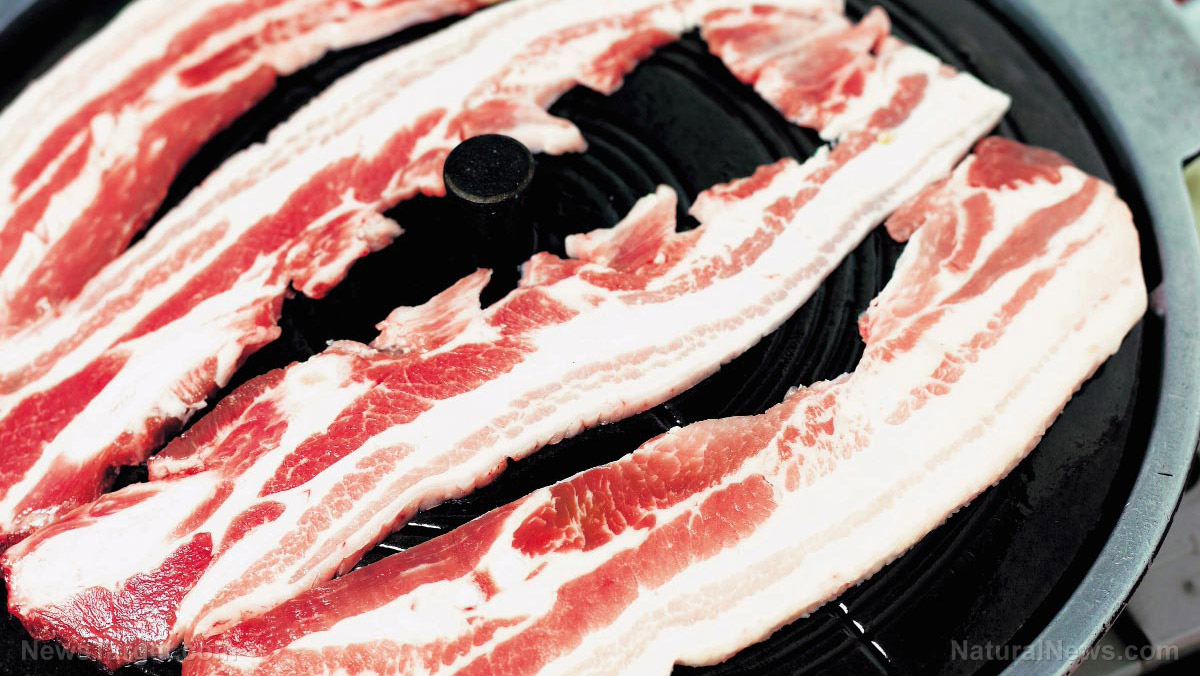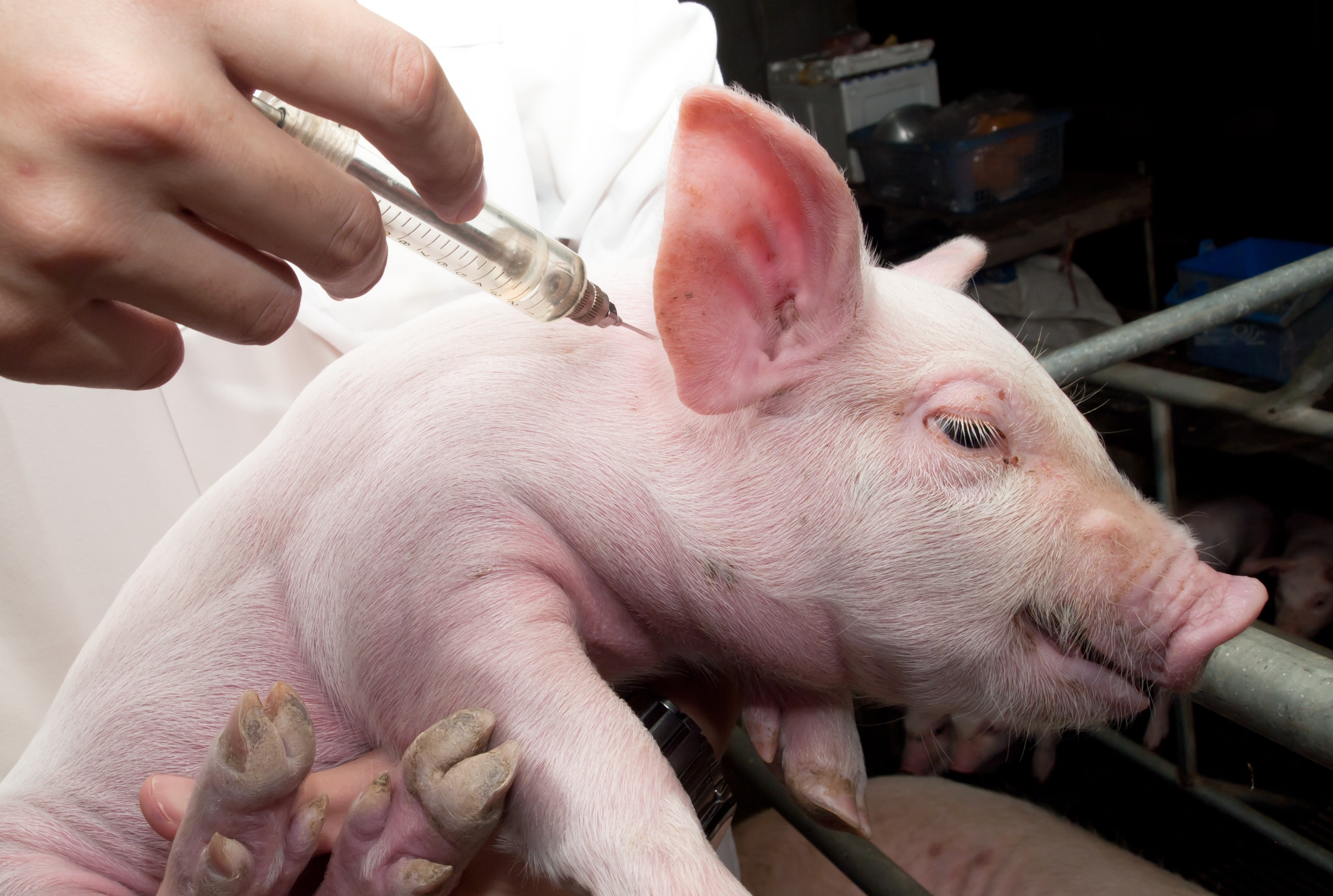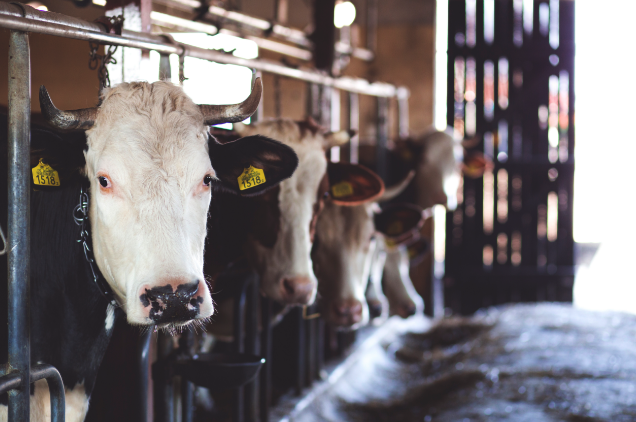CLIMATE FAIL: Study finds lab-grown meat generates up to 25 TIMES MORE CO2 than conventional beef production
05/24/2023 / By Kevin Hughes

A new study has found that lab-grown meat generates up to 25 times more carbon dioxide (CO2) than standard slaughtering practices.
The study posted April 21 at bioRxiv noted that the environmental impact of lab-grown meat “is likely to be orders of magnitude higher than median beef production.” The study authors from the University of California, Davis (UC Davis) noted that the model they used “generally contradicts previous studies,” suggesting that the environmental impact of cultured meat is likely to be higher than conventional beef production systems.
While the prospect of lab-grown meat removes the need for land, water and antibiotics in cattle raising, the process involved in it is far from zero-carbon. The increased CO2 levels would be necessary for the purification processes that supply nutrients to cultured cells, which are removed from animals or plants and grown in a favorable artificial environment.
According to the UC Davis researchers, the purification processes for lab-grown meat aim to eliminate endotoxins. Even a little amount of these toxins can prevent the cells from reproducing.
“The use of these refinement methods contributes significantly to the economic and environmental costs associated with pharmaceutical products since they are both energy and resource intensive,” they wrote.
The researchers calculated that each kilogram of lab-grown meat cultured with highly-refined growing media could produce between 542 pounds (246 kg) to 3,325 pounds (1,508 kg) of CO2 emissions. Based on these numbers, they estimated that the global warming possibility of cultured meat is between four and 25 times greater than that of retail beef.
Hype around fake meat based on flawed CO2 studies
Mark Post, a professor at Maastricht University, thinks lab-grown meat will be so popular with both animal welfare activists and fans of the real thing. He predicted that it will eventually displace plant-based substitutes such as soy burgers that are increasingly becoming common on supermarket shelves.
“Novel technologies such as the ones developed in cellular agriculture are part of the solution, next to reducing food waste and changing consumer behavior,” said Post, the first person to present a proof of concept for lab-grown meat back in 2013.
However, the UC Davis researchers begged to differ. They pointed out in their paper that the hype surrounding cultured meat is based on flawed studies of carbon emissions. Numerous reports on the climate impact of lab-grown meat depend on unrealistic technologies that are either non-existent or improbable to function, they added.
The study authors cited a study that evaluated the carbon emissions of growing cultured meat through the use of cyanobacteria hydrolysate as a feedstock for the cells. According to the UC Davis researchers, this is not a current or feasible technology or feedstock for animal cell growth.
“Our results indicate that animal cell-based meat (ACBM) is likely to be more resource-intensive than most meat production systems. The environmental impact of near-term ACBM production is likely to be orders of magnitude higher than median beef production if a highly refined growth medium is utilized for ACBM production.”
While the April 21 study is yet to be peer-reviewed, the results would be damaging for several of the most vocal supporters of artificial meats such as Microsoft co-founder Bill Gates. Back in February 2021, the tech mogul called for rich countries to shift to synthetic meat.
“I do think all rich countries should move to 100 percent synthetic beef. You can get used to the taste difference,” he told the MIT Technology Review at the time.
Follow FakeMeat.news for more news about lab-grown meat.
Watch the video below to know how lab-grown meat is getting closer to the dinner tables of Americans.
This video is from the SILVIEW.media channel on Brighteon.com.
More related stories:
Fake meat grown in labs might make investors rich, but it’s a nightmare for human health.
Immortalized cell lines used in lab-grown meats can cause CANCER.
Sources include:
bioRxiv.org [PDF]
Submit a correction >>
Tagged Under:
animal cell-based meat, carbon dioxide, carbon emissions, climate change, climate science, cultured meat, Ecology, endotoxins, environment, fake meat, Food Evolution, food supply, frankenfood, growth medium, lab-grown meat, research, truth, University of California Davis
This article may contain statements that reflect the opinion of the author
RECENT NEWS & ARTICLES
COPYRIGHT © 2017 BIO TECH NEWS



